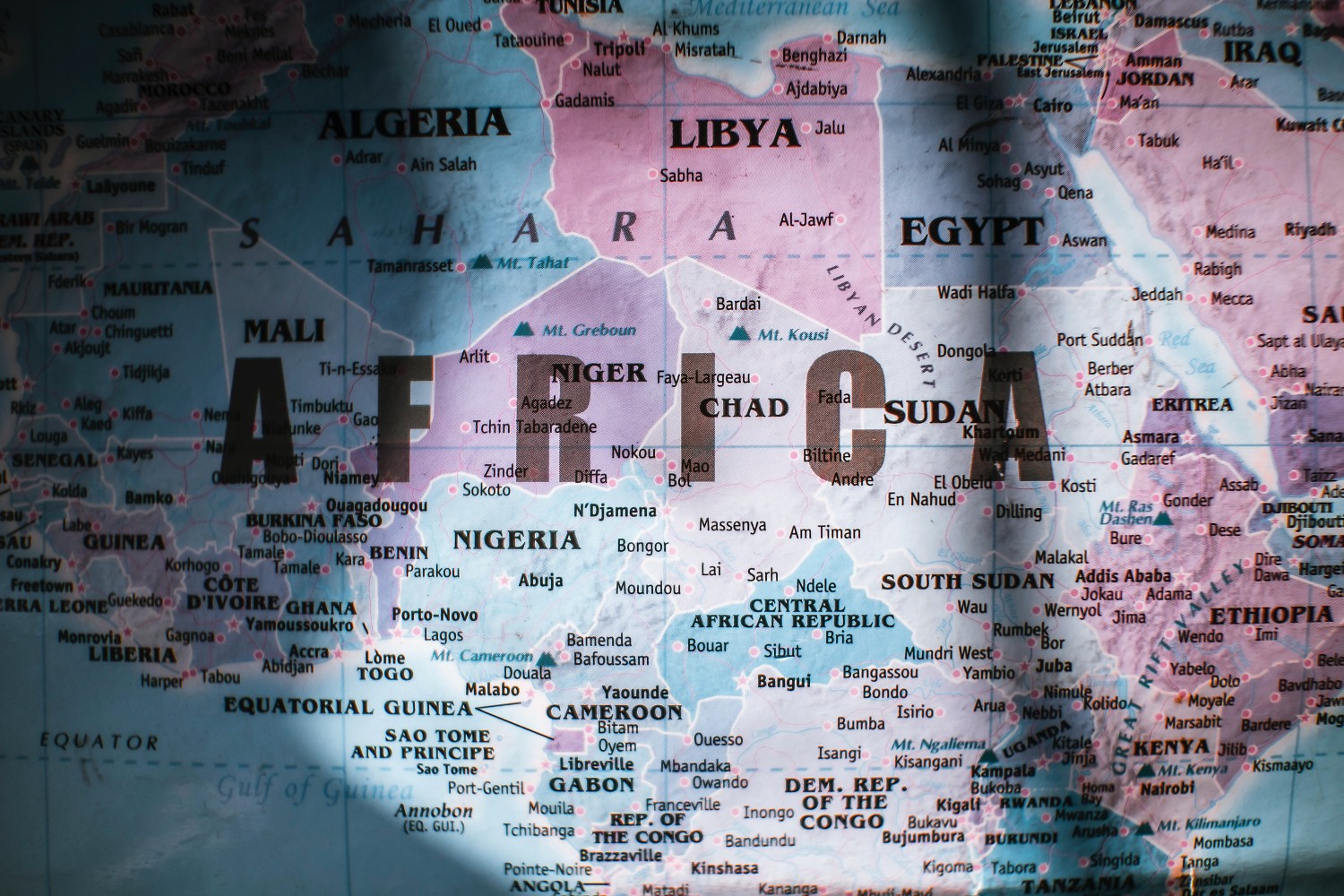Europe is not the only one that is tough on tech giants. Regulators in other parts of the world are also launching investigations against Silicon Valley Big Tech platforms to limit their dominance of the market and protect users' privacy and personal data.
For example, Nigeria's advertising regulator recently sued Meta (banned and deemed extremist in Russia, as are its subsidiaries Facebook and Instagram) for 30 billion naira ($70 million), alleging that the firm’s Facebook and Instagram platforms publish ads that haven’t been vetted and approved by the authorities.
In another antitrust case that could see the firm pay out up to 10% of its local earnings, South Africa’s Competition Tribunal has said it is currently reviewing Meta’s attempts to block the government’s digital engagement platform, GovChat, from accessing the WhatsApp Business API.
Earlier this year, the competition watchdogs of Kenya, South Africa, Nigeria, Mauritius, and Egypt signed a Memorandum of Understanding (MoU) that will allow African countries to present a united front on enforcing antitrust laws. The MoU is behind the creation of the Africa Heads of Competition Dialogue (AHCD), an umbrella organization that intends to collaborate on market regulation and share resources to address the challenges presented by a fully international digital services sector.
The participant authorities have also committed to collectively researching obstacles to the emergence and expansion of African digital platforms and businesses to enhance competition and inclusion in the digital economy.
Africa’s Digital Sovereignty
Although still a far cry from the regulatory might of the European Commission, the integrated approach to Big Tech regulation signaled by the AHCD charts a path toward more effective, cross-border regulatory instruments.
And the AHDC’s interest in barriers to the emergence of homegrown African digital platforms in a market dominated by a handful of American tech firms echoes the EU’s focus on digital sovereignty. That said, debates over digital sovereignty take on a different flavor in the African context, where the presence of Chinese technology and investment is as important, if not more so, than the dominance of U.S. platforms.
In both Europe and Africa, the sovereignty issue hasn’t been portrayed in a way meant to completely shut out foreign businesses.Instead, regulators in those regions have argued the need to ensure that both the regulatory framework and the physical infrastructure that support the digital economy are set up in a way to guarantee autonomy from external influences as well as accountability for international corporations.
As Google recently announced that it is opening a cloud region in South Africa, Big Tech companies can be part of the solution too.
Africa’s Digital Transformation
As African markets continue to close the gap with their European counterparts in terms of digital transformation and key economic metrics, large American tech firms are certainly eying the continent’s emerging economies and their huge potential for growth.
Google’s new cloud region comes as part of its $1 billion dollar investment in the country and will connect South African data centers to global communication networks thanks to the company’s Equiano Subsea Cable.
Ultimately, Africa’s digital transformation will likely need these kinds of infrastructure investments, an indication that Google, Amazon and other U.S. businesses will continue to play a strong role in their development.
But as the locus of Big Tech activity moves south and cross-border regulatory collaboration gains traction, tech giants will have to ensure that their business practices align with local regulations no matter where they operate, in order to avoid EU-style mega fines in other regions.
Source: PYMNTS




